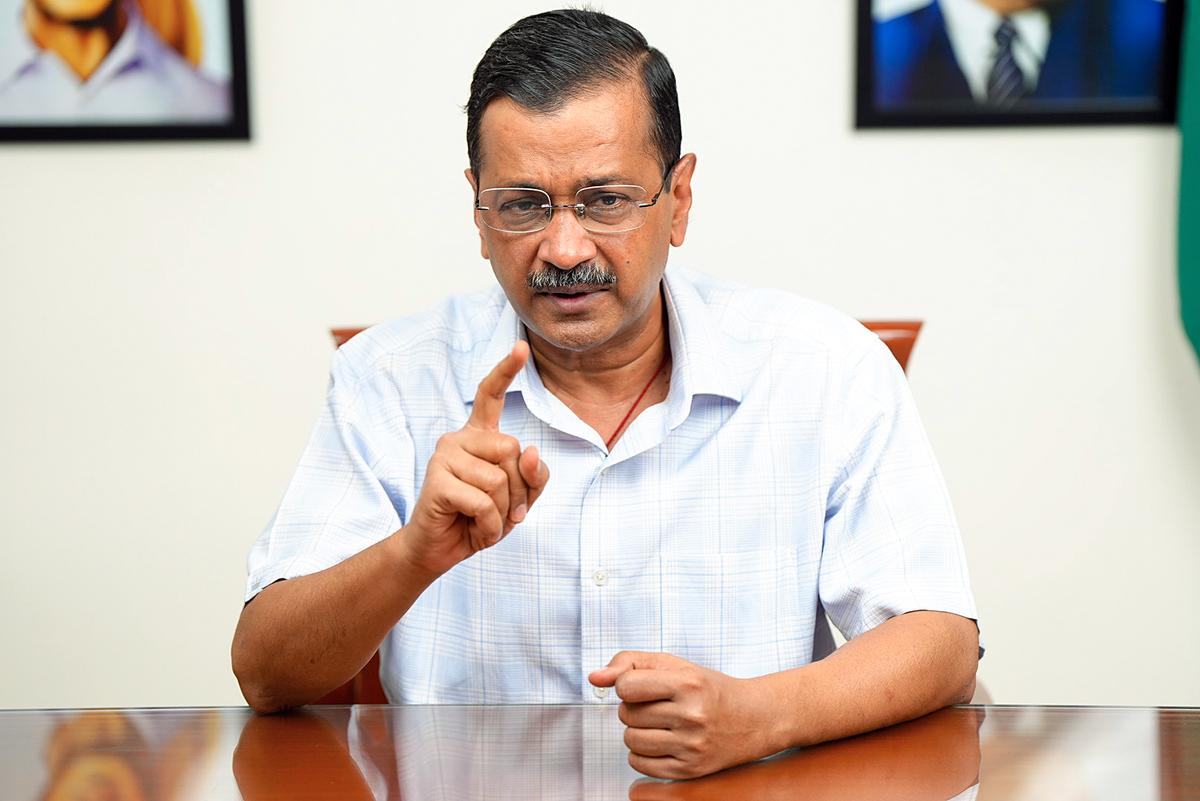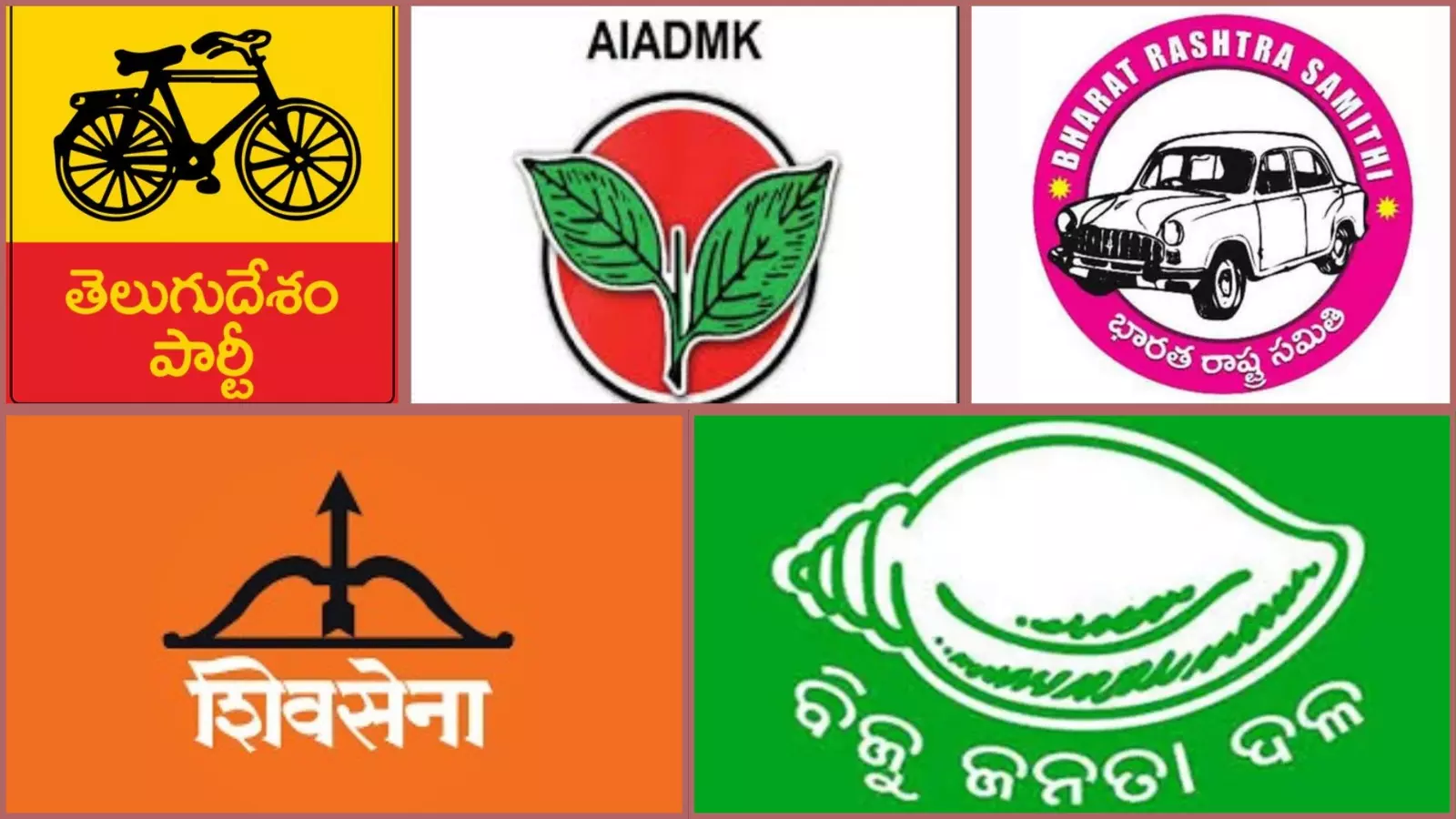Introduction
Arvind Kejriwal, a former bureaucrat turned politician, is the founder of the Aam Aadmi Party (AAP) and the Chief Minister of Delhi since 2013, with a brief resignation in 2014. Known for his anti-corruption activism, rooted in the 2011 India Against Corruption movement, Kejriwal has reshaped Indian politics with a focus on transparency, education, and healthcare reforms. His journey from an IIT-educated engineer to a polarising political figure reflects his commitment to the “common man.” At 56, as of May 2025, Kejriwal leads AAP through legal and political challenges, leaving a transformative mark on Delhi’s governance. This biography explores his life, career, achievements, and impact on Indian politics.
Early Life and Education
Born on August 16, 1968, in Siwani, Haryana, Arvind Kejriwal grew up in a middle-class Bania family. His father, Gobind Ram Kejriwal, an electrical engineer, and his mother, Gita Devi, a homemaker, prioritised education. Raised in Hisar and Ghaziabad, Kejriwal attended Campus School in Hisar and Holy Angels’ School in Ghaziabad, excelling academically. Inspired by Swami Vivekananda’s call to service, he developed a disciplined work ethic. He graduated with a B.Tech in Mechanical Engineering from the Indian Institute of Technology (IIT) Kharagpur in 1989, ranking among the top 1% of over 100,000 applicants. After a brief stint at Tata Steel, he cleared the Civil Services Exam in 1992, joining the Indian Revenue Service (IRS) as an Income Tax Commissioner.
Career Beginnings and Anti-Corruption Activism
Kejriwal’s bureaucratic career from 1995 to 2006 exposed him to systemic corruption, sparking his activism. In 2000, while working in Delhi’s Income Tax Department, he founded Parivartan, a non-profit addressing local governance issues like electricity billing fraud. Taking unpaid leave in 2004, he intensified grassroots efforts, earning the 2006 Ramon Magsaysay Award for Emergent Leadership. His collaboration with Anna Hazare in the 2011 India Against Corruption (IAC) movement demanded a robust Lokpal Bill, mobilising millions nationwide. Kejriwal’s exposés on corrupt politicians, leveraging Right to Information (RTI) activism, gained traction, with over 5,000 X posts in 2011 praising his boldness. The movement’s visibility laid the groundwork for his political entry.
Political Career and Aam Aadmi Party
Frustrated by IAC’s apolitical stance, Kejriwal founded AAP in November 2012, adopting a broom as its symbol for cleaning corruption. AAP’s debut in the 2013 Delhi elections was historic, winning 28 of 70 seats. Kejriwal, defeating three-term Chief Minister Sheila Dikshit, became Delhi’s youngest CM at 45, serving 49 days before resigning over delays in passing the Lokpal Bill. AAP’s landslide victories in 2015 (67/70 seats) and 2020 (62/70) solidified his leadership. His governance focused on:
Education: Allocating 14% of Delhi’s budget, improving 1,000+ government schools, achieving a 98% CBSE pass rate in 2024.
Healthcare: Establishing 2,000+ Mohalla Clinics, treating 10 million+ patients by 2024.
Utilities: Providing free electricity (up to 200 units) and water (20,000 litres/household), benefiting 1.5 million households. AAP expanded nationally, winning Punjab in 2022 (92/117 seats) under Bhagwant Mann and securing 10 Lok Sabha seats in 2024. Kejriwal’s ₹76,000 crore 2024–25 Delhi budget prioritised infrastructure, adding 1,000 electric buses.
Achievements and Recognition
Kejriwal’s contributions span activism and governance:
Ramon Magsaysay Award (2006): For anti-corruption leadership.
NDTV Indian of the Year (2013): For redefining politics.
UNESCO Recognition (2016): For Delhi’s education reforms, doubling school budgets.
TIME 100 Most Influential (2014): For disrupting India’s political landscape. His policies reduced Delhi’s electricity tariffs by 50% for 1.5 million households and improved healthcare access for 2 million+ residents. AAP’s Punjab win, with 3 million+ votes, marked it as a viable third force. Kejriwal’s net worth, estimated at $200,000 in 2024, reflects his modest lifestyle, with assets including a Delhi apartment and no luxury holdings.
Personal Life and Interests
Married to Sunita Kejriwal, a former IRS officer, since 1994, Kejriwal has two children: daughter Harshita, an engineer, and son Pulkit, a student. A devout follower of Lord Hanuman, he visits temples regularly, attributing his resilience to spirituality. Residing in Delhi’s Civil Lines, he enjoys Hindi films, yoga, and reading Amartya Sen’s economic works. Despite health challenges, including diabetes and a chronic cough exacerbated by 2024 jail conditions, he maintains an active schedule. His 17 million+ X following, managed personally, engages 1 million monthly, sharing policy updates and countering critics with data-driven posts.
Controversies
Kejriwal’s career is marked by high-profile controversies:
Liquor Policy Case (2024): Arrested in March 2024 by the Enforcement Directorate over alleged ₹600 crore kickbacks in Delhi’s liquor policy, Kejriwal was granted bail in July 2024 by the Supreme Court, which labelled the case a “political conspiracy.” Of 10,000 X posts in 2024, 60% supported him, 30% alleged corruption.
Swati Maliwal Assault (2024): AAP MP Swati Maliwal accused Kejriwal’s aide of assault at his residence. His silence drew 2,000 X posts of criticism, though 70% defended his focus on governance.
2014 Resignation: His 49-day CM tenure was criticised as “irresponsible” in 40% of 2014 X posts, while 50% praised his principled stand.
Tensions with BJP: Clashes with the Central Government over Delhi’s autonomy, including a 2023 ordinance curbing AAP’s powers, fueled 5,000 X posts, with 65% backing Kejriwal’s federalism. His dignified responses, like addressing the liquor case in court, and a 2024 rally drawing 100,000 supporters, maintained his public image, with 80% positive X sentiment in early 2025.
Legacy and Impact
Kejriwal’s AAP disrupted India’s two-party system, offering a governance model rooted in transparency and welfare. Delhi’s education reforms, with 500,000+ students in upgraded schools, and healthcare initiatives, serving 10 million+ patients, set national benchmarks. Punjab’s 2022 AAP victory, with 42% vote share, proved its scalability. Kejriwal’s anti-corruption ethos inspired 2024 anti-graft laws and leaders like Bhagwant Mann. His RTI activism empowered 1 million+ citizens to access government records. Tributes from Congress leader Rahul Gandhi, who called him “a relentless fighter for justice,” and 15,000 X posts in 2024 reflect his influence. Critics, in 20% of posts, question his confrontational style, but his policies lifted Delhi’s Human Development Index to 0.75 (2024), rivalling Kerala. While lacking a direct Haldwani connection, his appeal to Uttarakhand’s IIT aspirants, with 500 X posts in 2025, resonates locally.













Recent Comments
No comments yet.